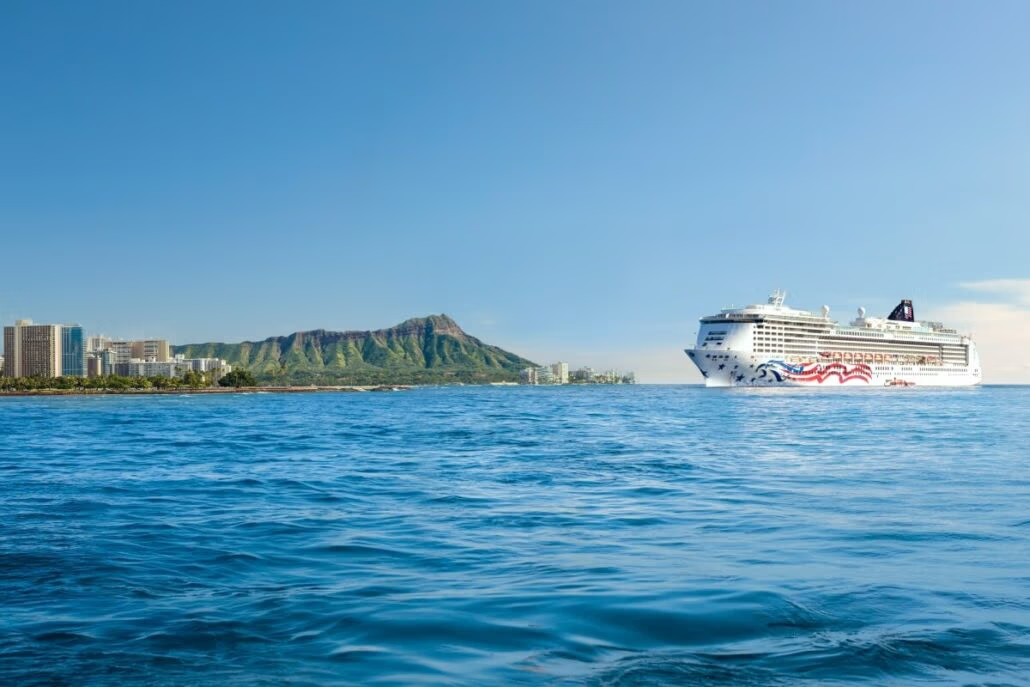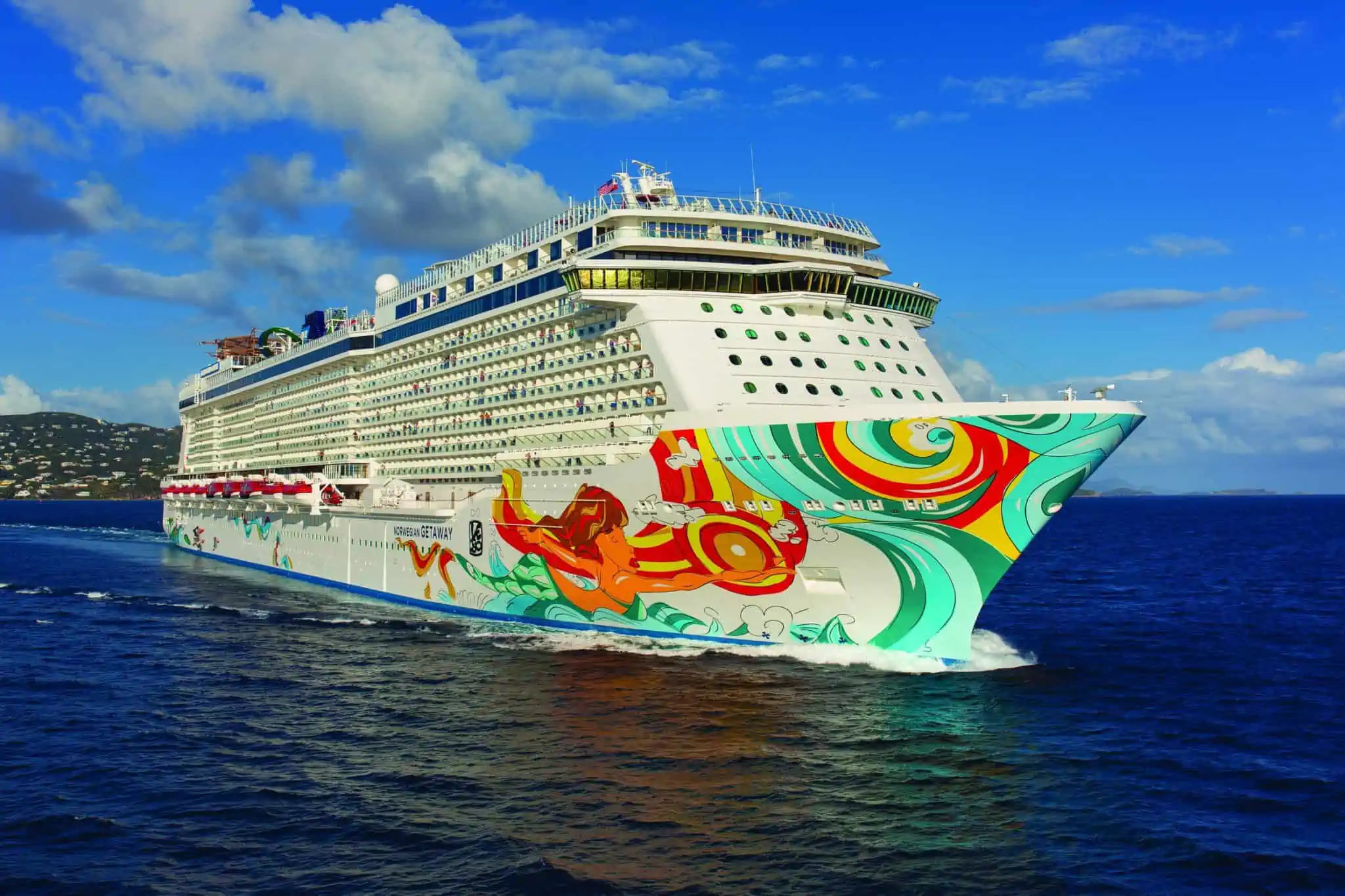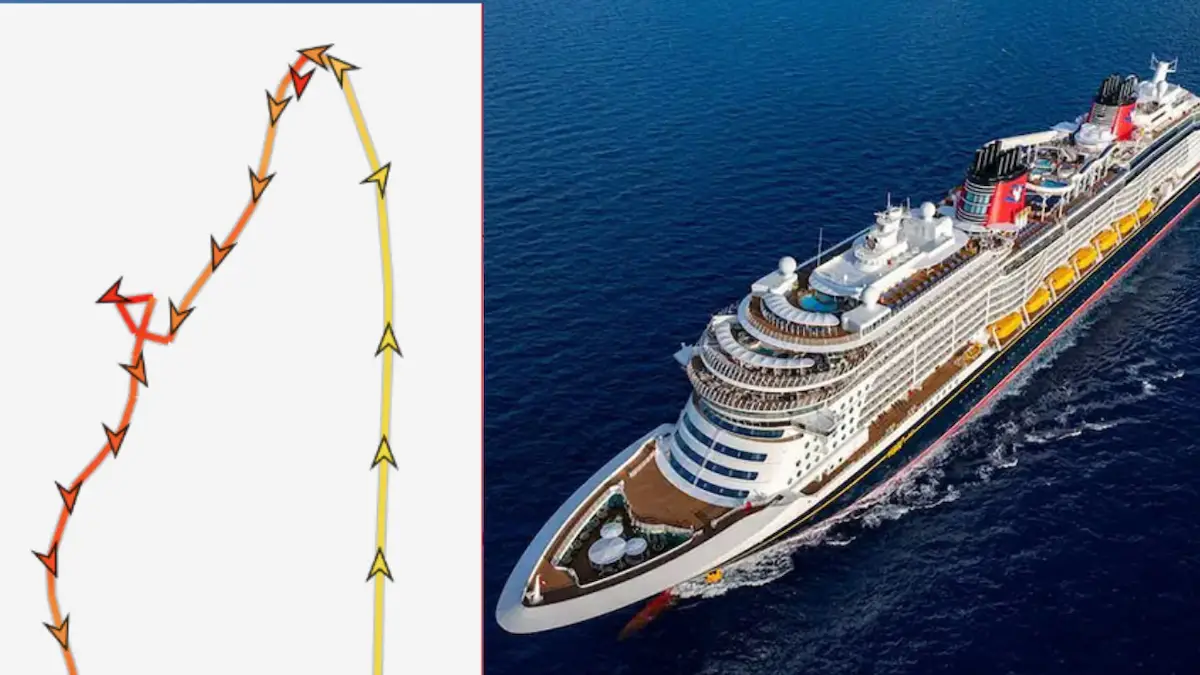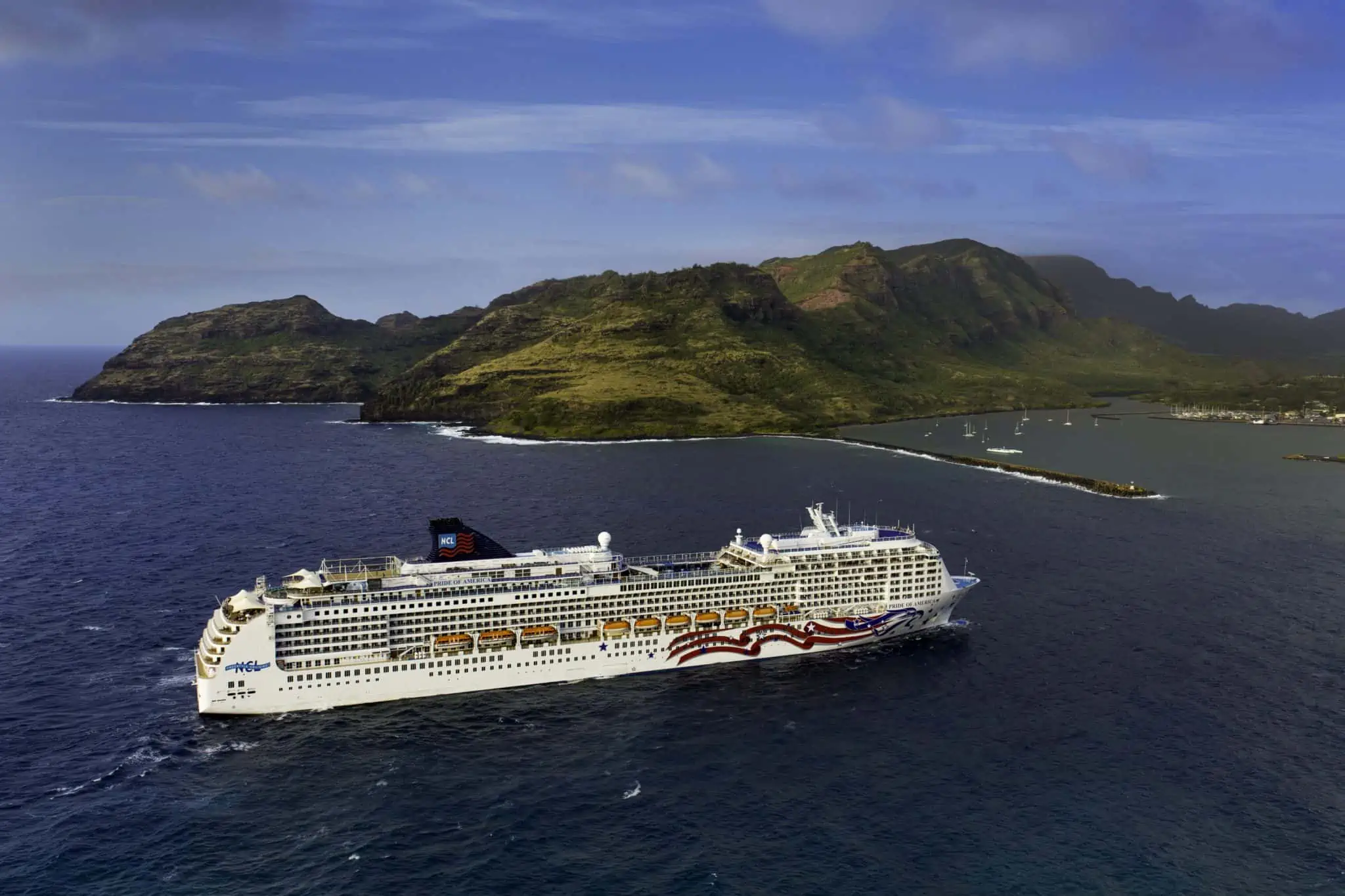The Cruise Lines International Association (CLIA) has filed a federal lawsuit against the State of Hawaii and its counties over a newly enacted “green fee” targeting cruise ships that dock in the islands.

The suit, filed in the U.S. District Court for the District of Hawaii, seeks to block enforcement of Act 96, a law set to take effect on January 1, 2026.
The law expands the state’s Transient Accommodations Tax (TAT) to include cruise ship passengers, imposing an 11% tax on a prorated portion of cruise fares based on time spent in port.
It also authorizes individual counties to add a 3% surcharge, bringing the total to 14%. The state estimates the fee could generate $100 million annually to fund environmental and climate-related initiatives.
CLIA, joined by three Hawaii-based businesses, argues the law violates multiple federal statutes and constitutional provisions.
The group claims that the fee constitutes an unlawful charge for the right to dock, violating the Tonnage Clause, and that it conflicts with the Rivers and Harbors Act of 1884, which prohibits states from levying such charges on vessels using navigable waters.
Additionally, the lawsuit challenges the law’s advertising and notice requirements as compelled speech in violation of the First Amendment.

The suit states, “The unconstitutional law authorizes Hawai‘i counties to collect additional 3% surcharges, bringing the total imposition to 14% of the prorated fares—adding up to hundreds of millions of dollars in new fees over the next decade on out-of-state cruise lines and, by extension, the out-of-state passengers they bring to the State.”
CLIA also argues that the law disproportionately impacts the cruise sector by taxing entire cruise fares, including meals, entertainment, and transportation, while land-based accommodations are taxed only on lodging.
According to the complaint, the cruise industry brought nearly 300,000 visitors to Hawaii in 2023 and contributed $639 million in economic impact, including $116 million in tax revenue and the creation of 3,000 local jobs.
The plaintiffs argue that the new tax could deter cruise travel to the islands, ultimately harming local tour operators and vendors.
CLIA states that it supports environmental stewardship but is pursuing legal relief to ensure that any tax policy is fair, legal, and economically fit.






